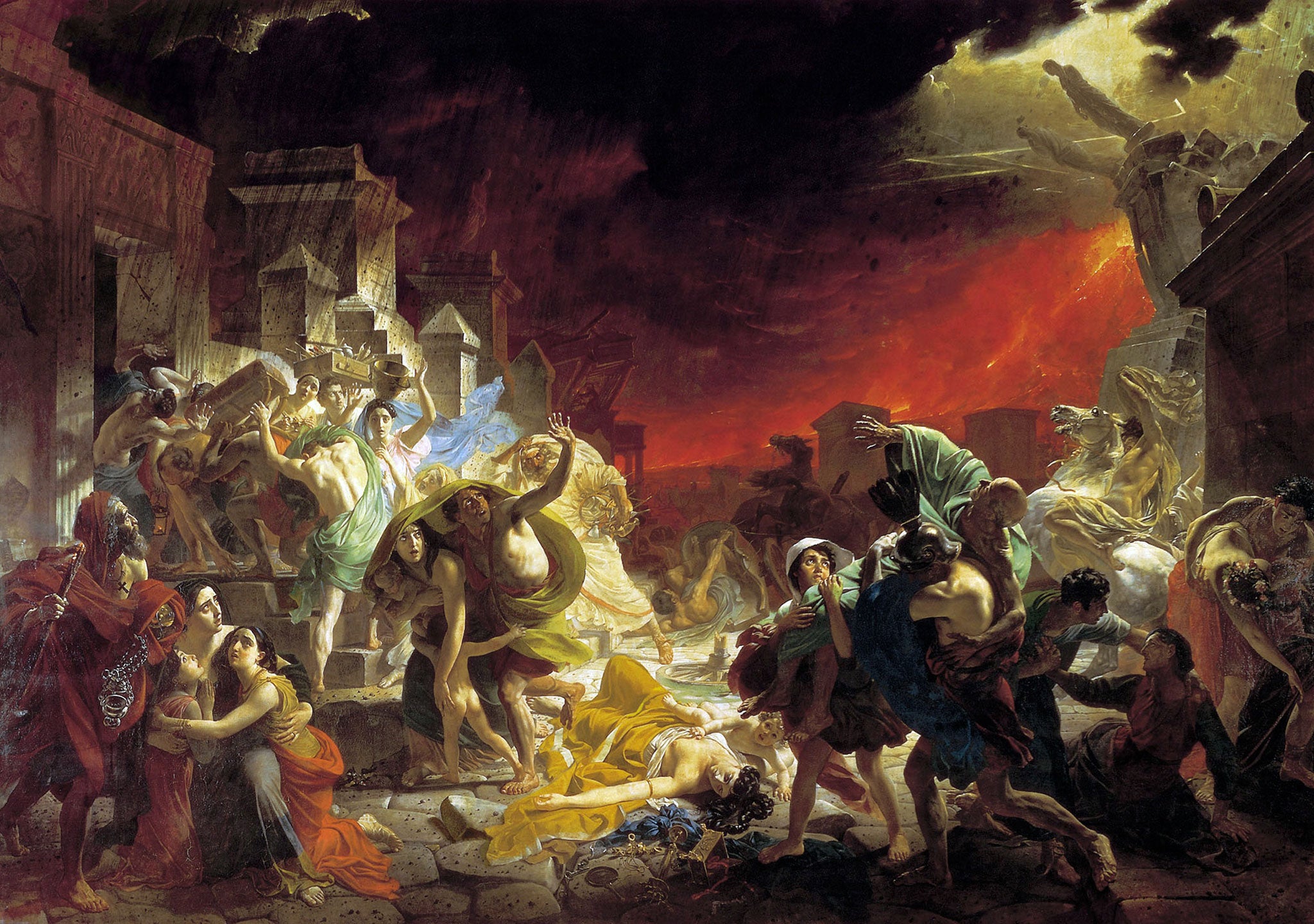Radio Benjamin Edited by Lecia Rosentha, book review: A new voice graces the airwaves
Walter Benjamin's work for radio finds the German thinker in beguiling form

Your support helps us to tell the story
From reproductive rights to climate change to Big Tech, The Independent is on the ground when the story is developing. Whether it's investigating the financials of Elon Musk's pro-Trump PAC or producing our latest documentary, 'The A Word', which shines a light on the American women fighting for reproductive rights, we know how important it is to parse out the facts from the messaging.
At such a critical moment in US history, we need reporters on the ground. Your donation allows us to keep sending journalists to speak to both sides of the story.
The Independent is trusted by Americans across the entire political spectrum. And unlike many other quality news outlets, we choose not to lock Americans out of our reporting and analysis with paywalls. We believe quality journalism should be available to everyone, paid for by those who can afford it.
Your support makes all the difference.Walter Benjamin is a writer whose star has only brightened since his death on the French-Spanish border in 1940, in despairing flight from the Nazis. While most of that brightening has taken place inside academia, it is delightful to learn that, as well as his intense theoretical writings on literature and society, Benjamin also wrote for the radio – and often for children.
The surviving texts of his German radio broadcasts have been side-lined over the years, rather than forgotten, and as editor Lecia Rosenthal admits in her introduction to these translations (by Jonathan Lutes, Lisa Harries Schumann and Diana Reese), that's how Benjamin would have wanted it. His radio work was largely done for money, although he was also interested in the medium itself, which was still in its infancy when these broadcasts were aired, between 1927 and 1933.
The pieces included here range from talks and readings to dialogues and radio plays, and two oddities: a "novella", the rather impenetrable "Sketched in Mobile Dust", and what Benjamin called a "listening model" – a sort of didactic public information broadcast.
This "listening model" goes by the distinctly un-Benjamin-ish title "A Pay Raise?! Whatever Gave You That Idea!" and is essentially an acted-out "how-to guide" for employees wanting to know how to deal with their boss – which, in a bizarre coincidence, is also the subject of Georges Perec's The Art of Asking Your Boss for a Raise. It seems they really were on our side, those maverick European 20th-century thinkers!
In truth, however, students of Benjamin are likely to find less of interest in the pieces directed at adults than in some of those written for children, which make up the bulk of the book.
These transcripts, running to six or seven pages each, cover subjects such as real and fictional figures like Kaspar Hauser and Faustus, historical events such as the great Lisbon earthquake of 1755 and the destruction of Pompeii, and, most pertinently, the life and history of Berlin, in pieces such as "Berlin Dialect", "Berlin Toy Tour" and "The Rental Barracks".
Although the tone is obviously different, these pieces can certainly be read alongside Benjamin's autobiographical writings on the city of his childhood, and might even be considered as sorts of primers for Benjamin's work on his mammoth Arcades Project: digging at the political and economic roots of what we think of as the purely cultural artefacts of the urban environment.
Through all of this runs a liberal humanist voice that is quite beguiling. The desire to incorporate even the harshest workings of the world into an optimistic and progressive narrative is at one with that of Ernst Gombrich's wonderful children's book A Little History of the World, which was written, in fact, within two years of Benjamin's last broadcast before the worsening political climate meant that as a left-wing Jew he could find no more air time.
We are still powerless before earthquakes, yet "technology will find a way out, albeit an indirect one: through prediction". A fire in a Chinese theatre in 1845 killed 2,000, but gives Benjamin opportunity for digressions into Chinese drama and national character.
The Firth of Tay railway disaster is carefully placed by Benjamin "within the history of technology". This collection shows a lighter – though entirely characteristic – side to this most influential of 20th-century thinkers.
Join our commenting forum
Join thought-provoking conversations, follow other Independent readers and see their replies
Comments